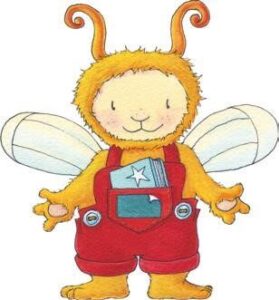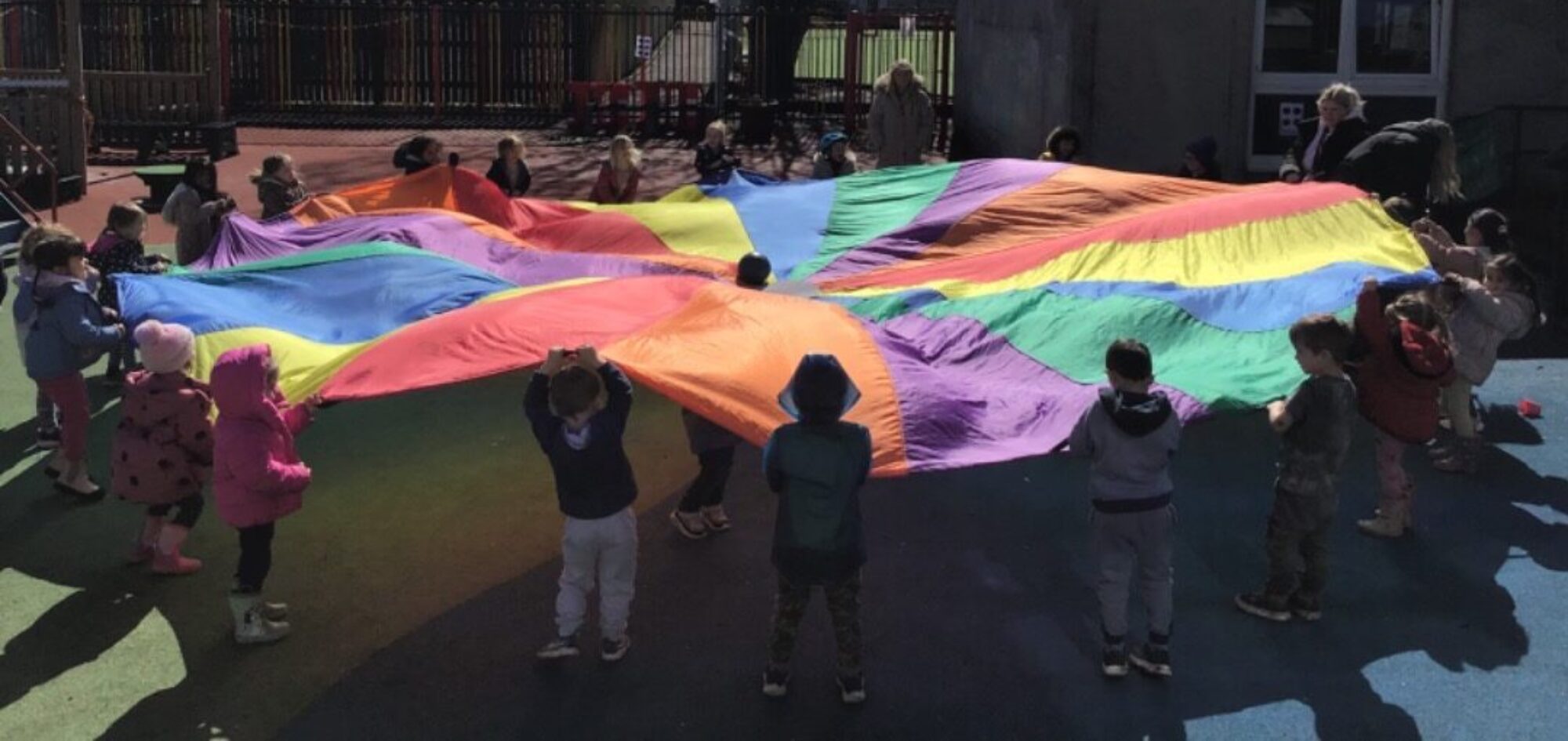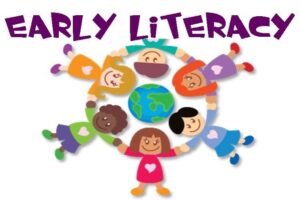
An Early Years Careers Event is being held to promote the benefits of working in early years and the current opportunities and employment support available.
If you think you may be interested in a rewarding career in early learning and childcare and are enthusiastic and passionate about making a difference to children and families’ lives, then come along to our careers event to learn more.
You can attend our drop-in session at Kirkintilloch Learning Campus, 50 Southbank Road, G66 1NH, on Thursday 8th February from 5pm until 7pm or alternatively, join us online on Tuesday 13th February from 6pm until 7pm. Please email us on ELC1140@eastdunbarton.gov.uk to receive a link to join the online event.
You will find out about all our current and upcoming vacancies and how to apply for positions including modern apprentices, support workers and early years practitioners including supply posts. Learn about our Parental Employability Programme and supports available to help you back into employment.
 We are delighted to announce our Bookbug sessions are back!!!
We are delighted to announce our Bookbug sessions are back!!!



